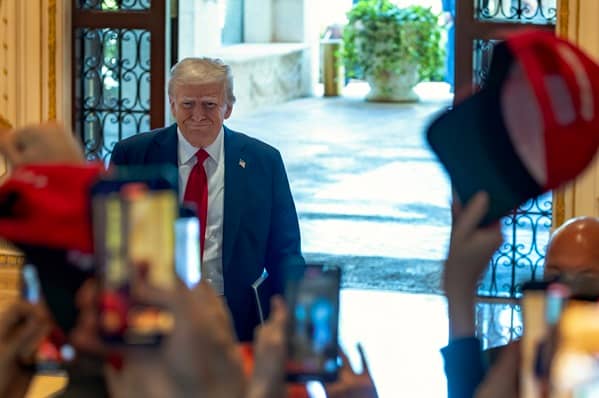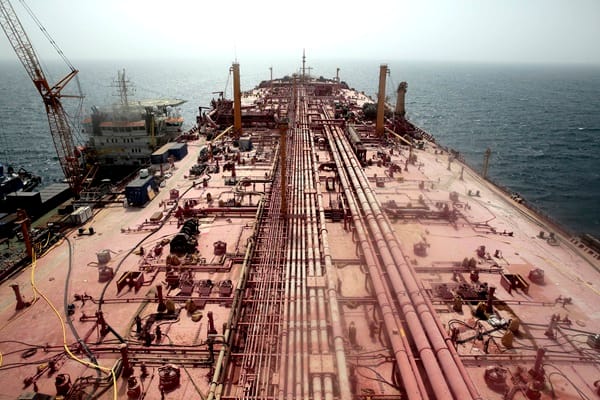The United States State’s West Texas Intermediate (WTI) crude oil has shown an upward trend in recent weeks, trading around $77.30 USD per barrel.
This increase, marking its fourth consecutive week of gains with over a 1% rise, is primarily tied to sanctions imposed by the Biden administration.
These measures affect over 100 oil tankers and two major Russian producers, raising concerns about a potential short-term decrease in global crude supply.
The sanctions have driven up rates for non-sanctioned vessels and created a backward pricing structure, a clear indicator of constrained supply in the market.
This situation may sustain upward pressure on crude prices unless significant changes are made to global energy policies. In this context, Donald Trump’s return could play a crucial role, as his policy decisions have the potential to alter market expectations significantly.
Trump is known for his pragmatic and business-oriented approach to policymaking, which might include revisiting current sanctions. Some analysts speculate that he could seek to ease certain restrictions to promote a diplomatic resolution to the conflict in Ukraine. Such actions could immediately impact crude prices by reducing supply tensions and fostering excellent stability in the energy market.
However, this strategy also carries risks. Lifting sanctions could lead to an oversupply if Russian producers resume full capacity, potentially causing price drops. Additionally, a higher crude supply might weaken incentives for investments in renewable energy, a key factor in the transition to a more sustainable economy. Therefore, Trump’s decisions need careful evaluation to balance short- and long-term priorities.
Another important variable to consider is OPEC+’s reaction. While the organization has proven effective in controlling production to stabilize prices, it could face additional challenges if Trump relaxes restrictions on Russian producers. OPEC+’s ability to coordinate further production cuts and mitigate the impact of increased supply will be critical in determining market direction.
Finally, market perception also plays a significant role. Investors will closely monitor Trump’s statements and actions and the reactions of other political and economic actors. Any indication of reduced geopolitical tensions could be seen as an opportunity to invest in energy assets, adding price volatility.
In conclusion, Donald Trump’s potential return could be a decisive factor for the oil market, given his ability to shift the balance between supply and demand. While easing sanctions offers immediate benefits by alleviating supply tensions, it poses long-term risks related to overproduction and the disincentivization of renewable energy development. In this context, policy decisions and market responses will be key to shaping the future of crude oil in the coming months.




Leave a Comment